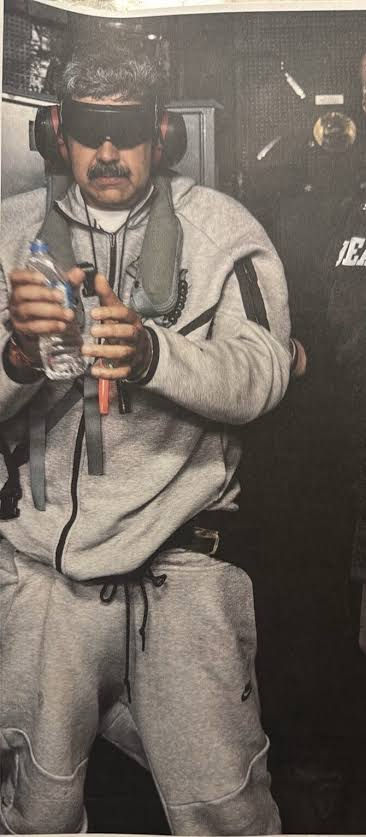The alleged coup of Bolivia explained
- Sebastian Palacios.

- Jul 1, 2024
- 3 min read
Bolivia, a landlocked country of about 12.5 million citizens, is one of the major Latin American exporters of tin, natural gas, silver, iron, gold, and timber. Also, Bolivia has 15% of the world's lithium, the second-largest amount of lithium in the world behind Chile. The desert of Salar de Uyuni is Bolivia’s biggest tourism attraction, the world’s largest salt flat, which is rich in the mineral of lithium.
Since Bolivia achieved its independence from Spain in 1825, it had experienced more than 190 coups d’état (military removing the political leader) or revolutions, the highest in the world. It is also, together with Venezuela, the country in South America with the lowest salaries and the highest poverty, and the rural population has been historically disenfranchised at the cost of corrupted political elites in the cities.
It was in those conditions that Evo Morales, a charismatic indigenous leader won the national elections in 2005 with a party called MAS (Movement Towards Socialism, in Spanish). As with other populist left-wing governments in the region, Evo got lucky with the rise in world commodity prices to boost economic growth and expand welfare programs. In his first 10 years ruling the country, Bolivia averaged 4% GDP growth, twice as much as the rest of South America. Bolivia also changed the judicial system and became in 2008 the only country in the world where citizens elect the highest judges.
But the problems started in 2014, when commodity prices crashed and Evo exhausted the international reserves to keep the social programs running on. Then, Evo lost a referendum in 2016 to decide if the president of Bolivia could be re-elected more than three times. However, due that a majority of the judges had been appointed by his supporters, the Constitutional Tribunal allowed Evo to run and win for re-election in 2019.
After the elections, massive protests erupted and, together with the conservative opposition, the military forced Evo to escape the country and seek asylum in Mexico. After an interim government of 1 year led by the conservative Jeanine Añez, new elections were held, and it was the socialist candidate of MAS, and Evo’s former finance minister, Luis Arce, that won by landslide (55% for him against 29% for the conservatives). Añez was arrested and accused of perpetrating a coup against the MAS party, and sentenced in 2022 to 10 years of prison.
Since taking office in 2020, Arce has been facing mediocre economic growth, fuel shortages, scarcity of dollars, inflation and social unrest from the right and the left. Indeed, since March of this year, approval ratings for Arce have been very low, around 35%. Arce also allowed Evo Morales to return to the country, but a fierce political battle between the two former allies escalated: Evo wanted to run again as a president in 2025, while Arce pretended to do it himself.
Finally, the situation exploded last week when General Zúñiga, who was appointed by Arce as commander of the army in 2022, made inflammatory comments about the country's former president, Evo Morales, during an interview on Monday. There, the general said that the former president should not be able to return as president and threatened to block him if he attempted to. This created a bigger political crisis between Arce and Evo’s supporters, and the current president was forced to fire his general last Tuesday.
Nevertheless, just on the next day, troops led by Zúñiga stormed the presidential palace and took up positions in the square outside. In front of journalists, Zúñiga said that “The three chiefs of the armed forces have come to express our dismay. There will be a new cabinet of ministers. Stop destroying, stop impoverishing our country, stop humiliating our army. Surely things will change, but our country cannot continue like this any longer.” Footage on Bolivian television showed Arce facing Zúniga and a group of soldiers inside the palace: “I am your captain, and I order you to withdraw your soldiers, and I will not allow this insubordination,” Arce said.
Seeing that the population was not supporting him enough, Zúñiga decided to retreat his troops, and knowing he was going to be arrested, he declared that all his actions had been ordered by the president Arce himself to stage an “auto-coup”, and to boost his popularity, purge opponents and win his personal political battle against Evo.
All international actors were quick to condemn the attempted coup, including the conservative opposition of Bolivia and Evo himself, who later changed his discourse and accused Arce to plan an auto-coup. This perspective is gaining support by a growing number of the national and international public opinion, so it seems that the political crisis in Bolivia is far from being over.
















Comments